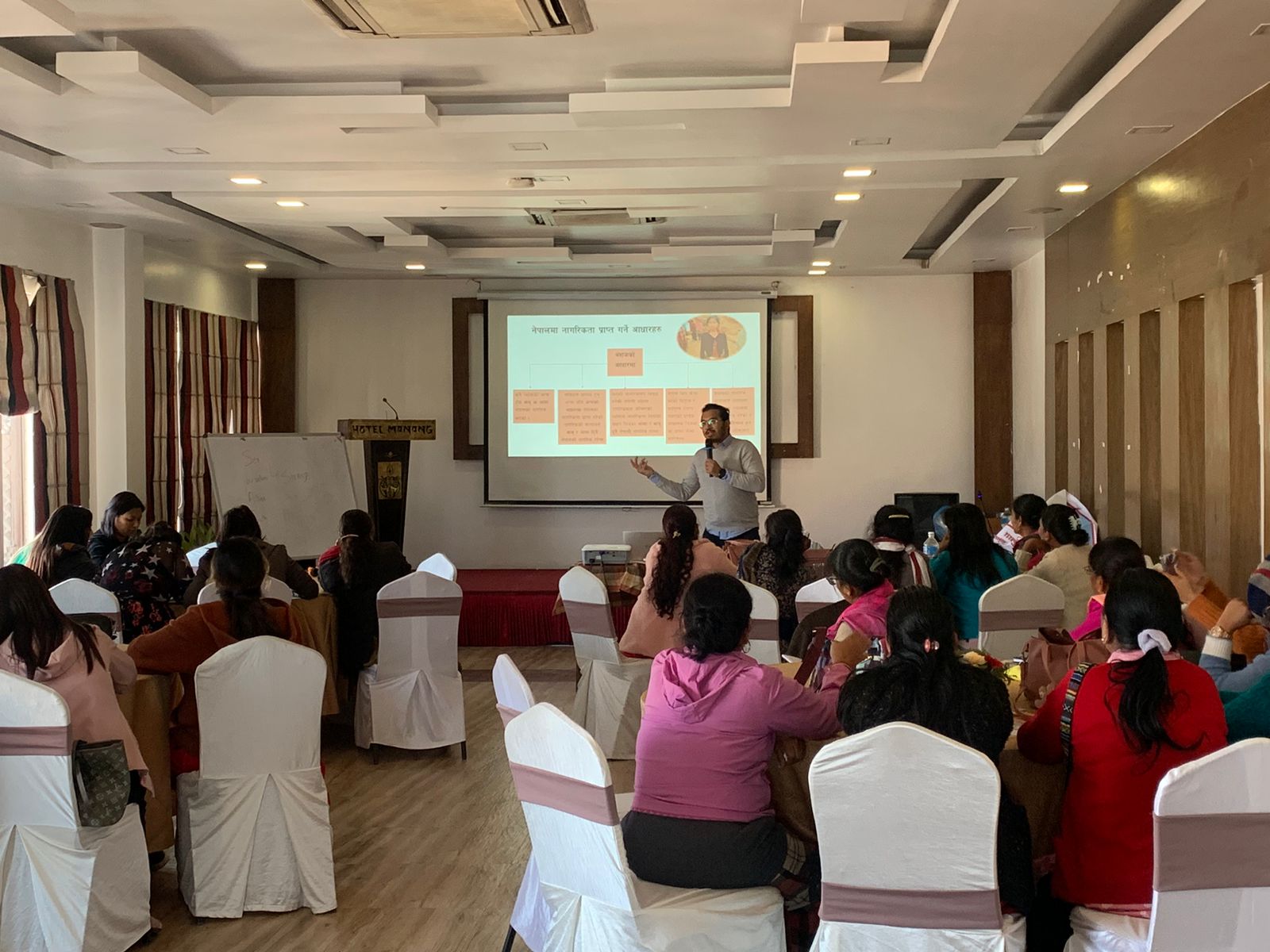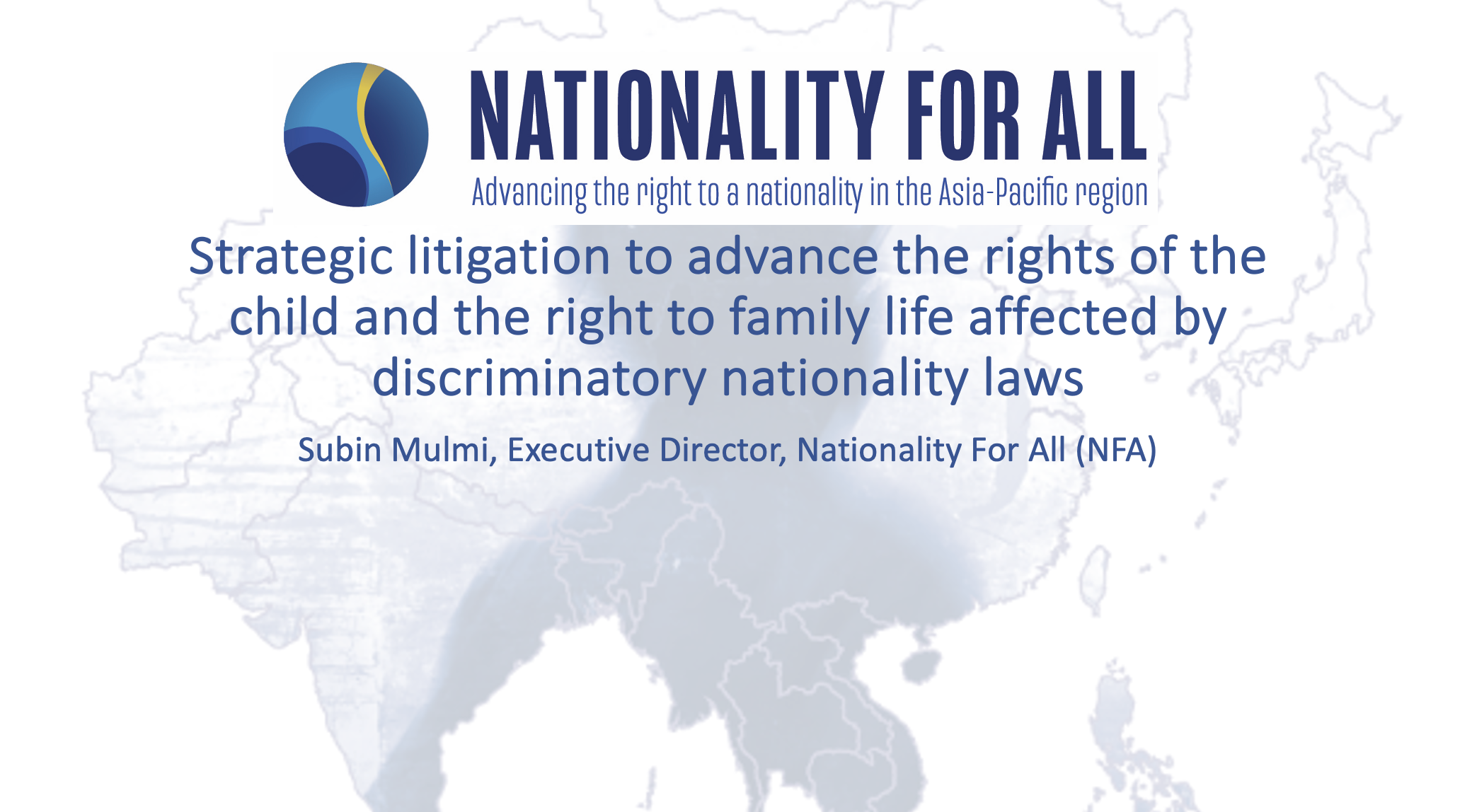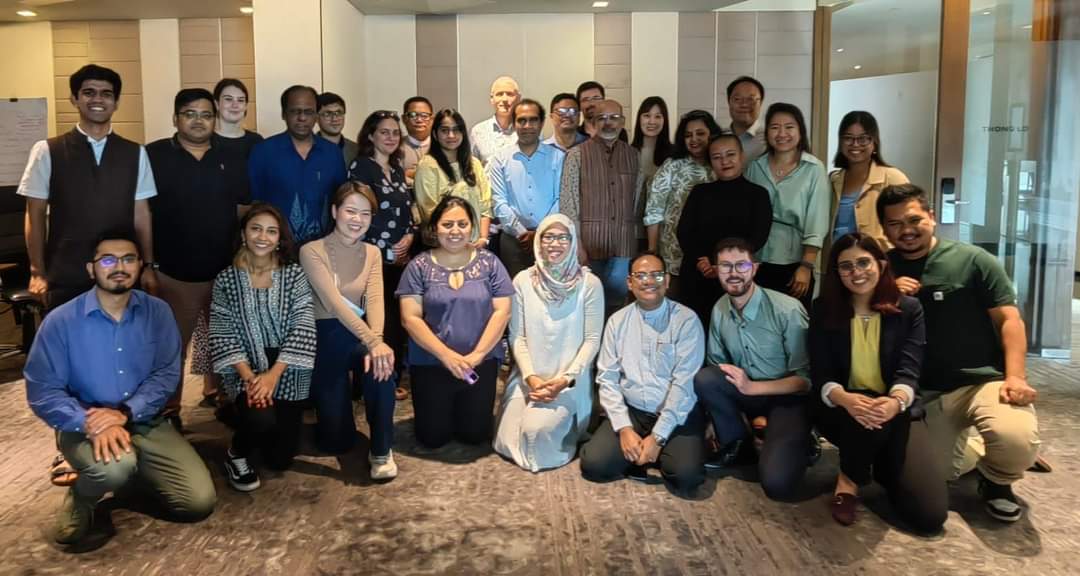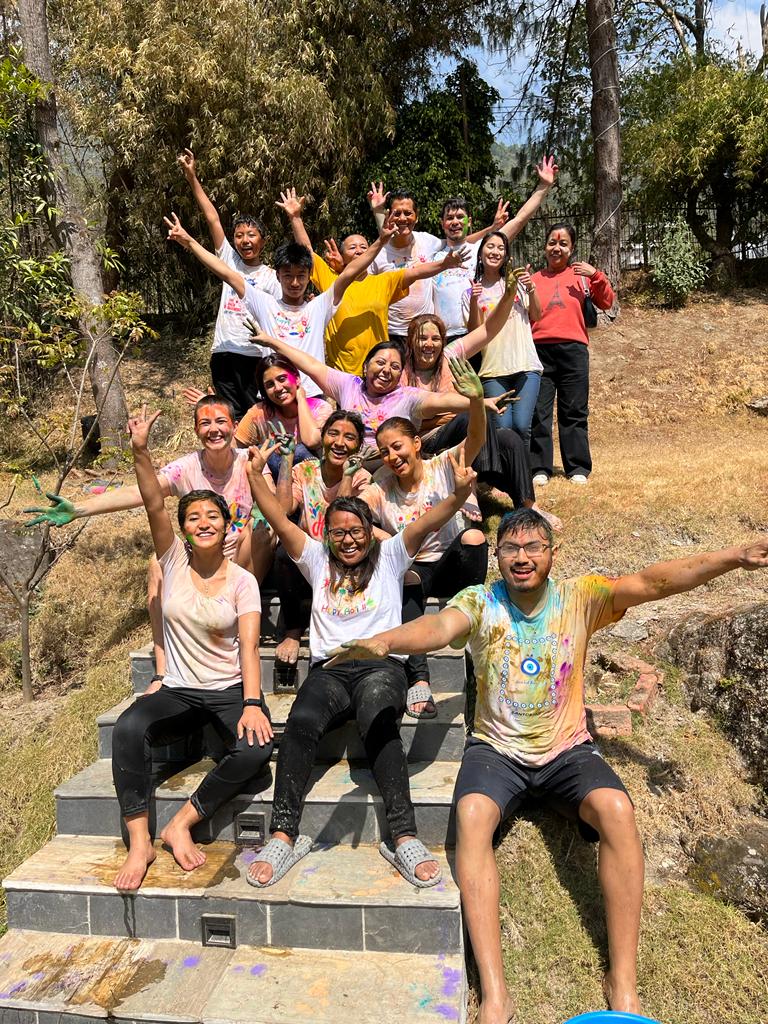📍 18 June 2025 | Online Webinar
Litigating for Equality and Belonging
On 18 June 2025, Nationality for All (NFA) participated in a webinar hosted by the Strategic Litigation Network for the Human Rights of Migrants and People on the Move, focusing on strategic litigation that centers on the rights of the child and the right to family life in migration contexts.
Representing NFA, Executive Director Subin Mulmi joined Rasika Satkunanathan (Sri Lanka) and Michael Bochenek (Human Rights Watch) as featured speakers. In his presentation, “Strategic Litigation to Advance the Right to Nationality and Family Life,” Subin discussed how discriminatory nationality laws directly threaten children’s rights to identity, belonging, and family unity — particularly in cases of gender-based nationality discriminationStrategic litigation Right to N….
Nationality, Statelessness, and the Right to Family Life
Subin’s presentation explored how statelessness and nationality denial intersect with the right to family life, a principle enshrined in the Convention on the Rights of the Child (CRC) and CEDAW.
He explained that without nationality, families often face:
- Separation due to immigration or residency restrictions;
- Barriers to birth registration, guardianship, and inheritance;
- Denial of basic rights such as education and healthcare for stateless children.
“Nationality is not only a legal identity — it is the foundation of family life. Without it, children and parents risk living separated, invisible, and without protection.”
— Subin Mulmi, Executive Director, NFA
Litigating Change: Malaysia and Nepal
Subin drew from two landmark cases in the Asia-Pacific region:
🇲🇾 Malaysia: Family Frontiers’ Campaign for Gender-Equal Citizenship
In Suriani Kempe & Ors v Government of Malaysia (2021), six Malaysian mothers challenged the gender-discriminatory constitutional provision that denied them the right to confer citizenship to their overseas-born children on an equal basis with men.
Supported by Family Frontiers, the case combined litigation with public storytelling, international advocacy, and media mobilization, catalyzing national debate and ultimately driving a constitutional amendment in 2024.
Although the amendment remains non-retroactive, the case became a global reference point for strategic litigation as a catalyst for legislative reform and community-led advocacy
🇳🇵 Nepal: FWLD’s Litigation for Equal Citizenship
In Nepal, the Forum for Women, Law and Development (FWLD) has filed over 100 citizenship-related cases, advocating for the rights of women to confer nationality independently to their children.
Rooted in constitutional equality (Articles 18 & 38), FWLD’s litigation — supported by public awareness and policy advocacy — led to the 2022 Citizenship Act Amendment and 2023 Citizenship Regulations, which now allow Nepali mothers to pass citizenship to their children under specified conditions.
These reforms represent a significant step forward, but continued advocacy is needed to ensure full equality and access for children of single mothers, foreign fathers, or undocumented families.
Lessons from Strategic Litigation
Both Malaysia and Nepal demonstrate that litigation alone is not enough, success requires combining legal strategy with public engagement, coalition-building, and lived-experience leadership.
Key lessons highlighted included:
- Centering impacted persons in litigation design and advocacy.
- Building cross-sector alliances between lawyers, NGOs, and affected communities.
- Using litigation as a storytelling platform to humanize legal injustice.
- Aligning national cases with international human rights frameworks, including CEDAW and CRC.
These approaches show how strategic litigation can drive both legal and normative change, even where immediate victories are partial or delayed.
Looking Forward
The webinar underscored the importance of cross-regional collaboration in using litigation as a tool to advance children’s rights, gender equality, and the right to nationality. NFA continues to advocate for regional strategies that center impacted persons, strengthen coalitions, and hold states accountable to their international obligations.
As Subin concluded:
“Every successful case is more than a judgment, it is a story of courage, community, and persistence. It is proof that when lived experience leads, justice follows.”




